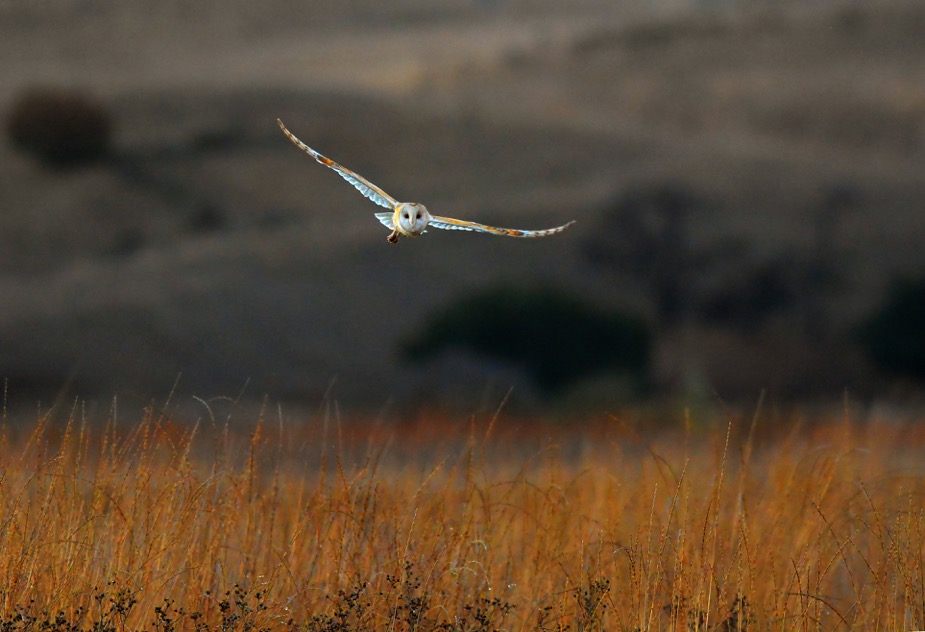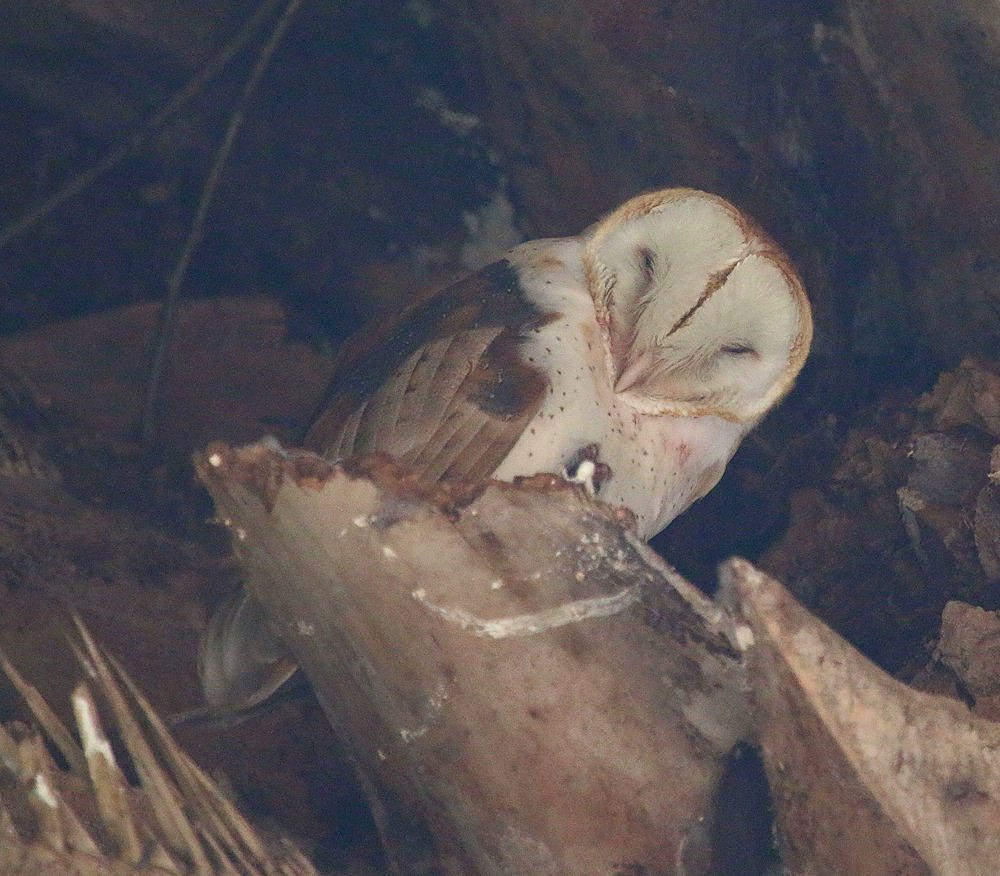Raptors are incredibly efficient in controlling rodents and other pests, and we need to encourage and protect them (not poison them with rodenticides and pesticides). Click here to read Ron Dudley’s summary of what various hawks and owls accomplish every day. And read Ventura County’s groundbreaking study finding that raptors are more cost-effective that poison in controlling ground squirrels on levees.
One of our favorite “raptors on the job” is the barn owl.

We rarely see them because they’re nocturnal, and very quiet. But they’re among the best rodent-controlling predators we have, without any of the devastating long-term effects of poison. Read more about the benefits of barn owls here.

This fascinating three-year study by researcher Mark Browning shows beyond a doubt that “barn owls provide a highly effective, inexpensive and non-toxic alternative to other methods.” Browning notes that “over the first two years, the large population of owls took 25,682 rodents at a cost of 26 cents per rodent, versus a cost of trapping at $8.11 per rodent.”
By putting up simple nesting boxes as well as planting oaks, one vineyard created a permanent barn owl “residency” and are now watching their gopher population drop. More and more people in rural and urban environments are doing the same to control local rodent populations.

